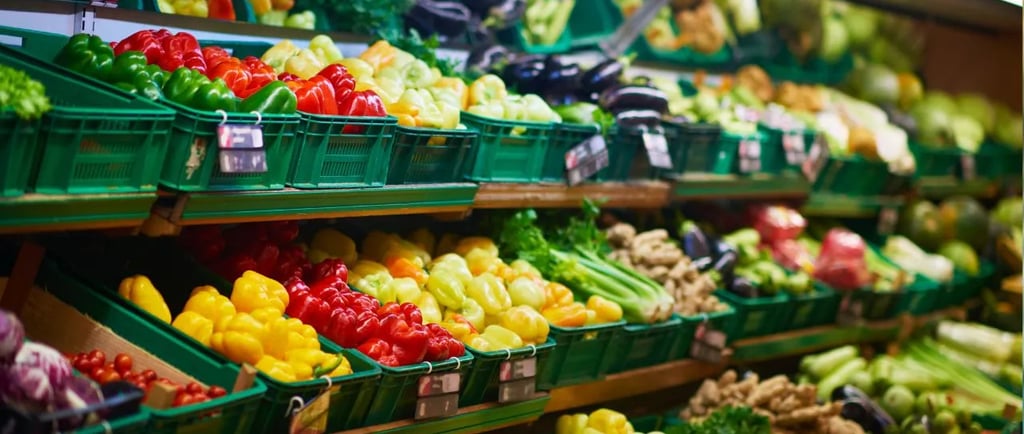EU MRL Amendments Impact Northern Ireland PPP Authorisations
Upcoming EU MRL changes will affect Northern Ireland PPP authorisations, with implications for fresh produce supply and retailer compliance.
FRESH PRODUCE


Changes to EU Maximum Residue Levels (MRLs) are coming fast, and Northern Ireland’s Plant Protection Product (PPP) authorisations will feel the impact. Growers, suppliers, and retailers dealing with fresh produce should be alert.
Back in June 2025, the EU’s Standing Committee on Plants, Animals, Food and Feed (SCoPAFF) agreed to revise MRLs for several key active substances. Propamocarb and ethephon are on that list. These are widely used in crop protection, especially in fruits and vegetables. The official publication of new limits is expected sometime between late 2025 and early 2026.
Once those new rules go live, probably six months after publication, some PPPs authorised in Northern Ireland might no longer comply. That means changes — or even withdrawals — could be on the way for affected products.
What Will Happen to PPP Authorisations?
The Health and Safety Executive (HSE) will work to identify which authorisations need adjusting. They will contact companies holding those authorisations to let them know what’s coming.
Interestingly, some substances like dimoxystrobin or benthiavalicarb don’t have authorisations in NI right now. So those won’t cause issues here. But propamocarb and ethephon? Definitely on the radar.
Those holding authorisations for products containing these chemicals have to check carefully. If their products don’t match the new MRLs, they’ll need to act fast. No compliance means those PPPs can’t legally be used on some crops anymore.
What This Means for Growers and Suppliers
This kind of change, it doesn’t happen quick. Could be delays in supply. Switching products costs money and time. It’s tricky—growers have to protect their crops but also keep up with new rules. Not easy.
Retailers Should Watch Closely
For supermarkets, this might not look like a big deal at first. But really, the effects spread through the whole supply chain. If growers need to change chemicals or wait for approvals, what’s on shelves could change, maybe even get scarce.
Shoppers expect fresh produce to be safe. Retailers gotta stay sharp, keep talking to suppliers often. That way, they avoid surprises—like empty shelves or lower quality fruit and veg.
Data Gaps and Keeping Authorisations
The European Food Safety Authority (EFSA) has pointed out some data gaps related to active substances. That means some authorisation holders have missing info that’s needed to keep their PPP approvals.
Getting that missing data in on time really matters. If not then authorisations might get pulled. Losing a key PPP approval could mess up the market more than people think.
This whole change shows how fragile fresh produce supply chains can be. Retailers, growers, suppliers—they all gotta keep an eye on what’s coming. Being ready and staying informed is the best bet to handle whatever happens next.
